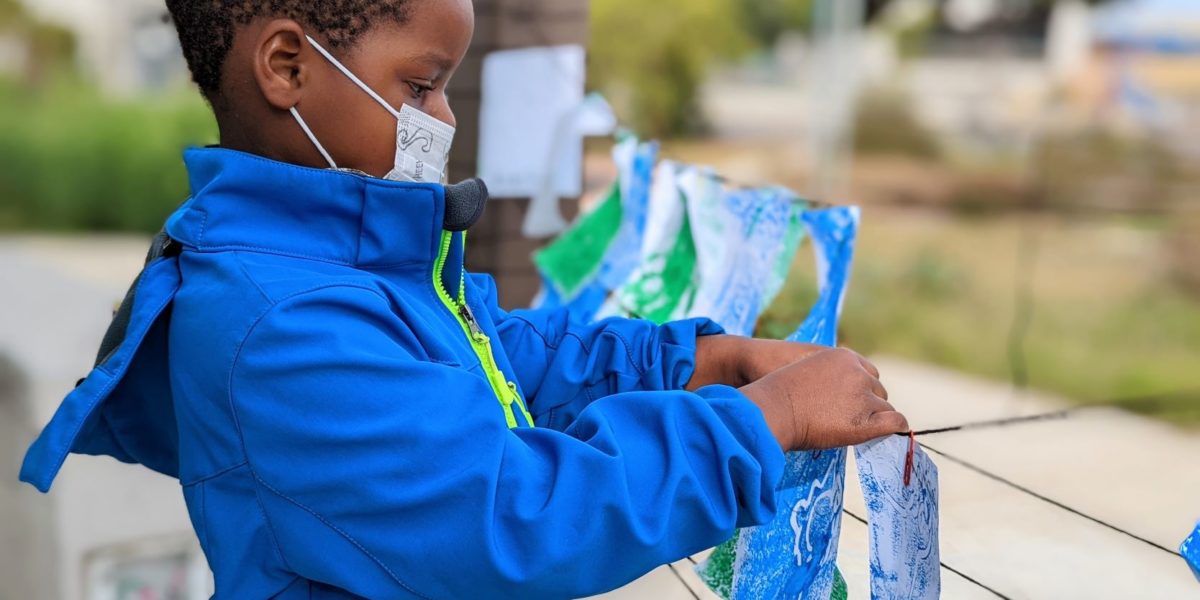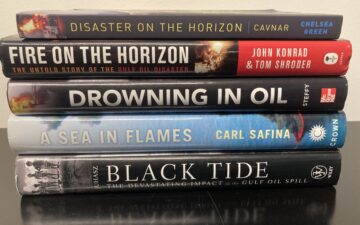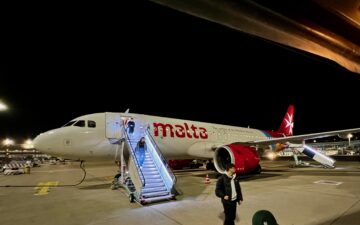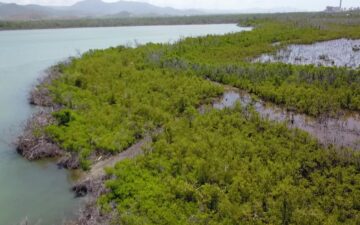One of my earliest memories of participating in a marine education program was during sixth grade camp at Catalina Island Marine Institute, a STEM-based outdoor school that provides marine science education for elementary, middle, and high school students.
The opportunity to embark to an island destination with my classmates and teachers — and partake in science labs, ecology hikes, night snorkeling, tidepooling, and other activities — was unforgettable, as well as challenging, exciting, and more. I believe this is when my sense of ocean literacy first began to develop.
In recent years, the disparate and worldwide impacts of the COVID-19 pandemic, climate change, and other issues have brought into sharp focus the inequities that have always existed in our society. Marine education is no exception. Research has shown access to ocean literacy as a field of study and viable career pathway has historically been inequitable. Particularly for indigenous people and minorities.
The Community Ocean Engagement Global Initiative
We want to ensure the marine education community reflects the broad array of coastal and ocean perspectives, values, voices, and cultures that exist around the world. We are therefore proud to launch our newest initiative, the Community Ocean Engagement Global Initiative (COEGI), today on World Ocean Day 2022.
COEGI is dedicated to supporting the development of marine education community leaders and empowering students of all ages to translate ocean literacy into conservation action.
TOF’s ocean literacy approach focuses on hope, action, and behavior change, a complex topic discussed by TOF President Mark J. Spalding in our blog in 2015. Our vision is to create equitable access to marine education programs and careers throughout the world. Particularly through mentorship, virtual learning, workforce development, public education, and curriculum development,
Prior to joining TOF, I worked for more than a decade as a marine educator for Ocean Connectors.
I helped engage 38,569 K-12 students in the U.S. and in Mexico in marine education, habitat restoration, and coastal recreation. I witnessed firsthand the lack of ocean-based education, applied learning, and science inquiry in public schools — Especially in low-income communities. And I became fascinated with how to address the “knowledge-action” gap. This presents one of the most significant barriers to real progress in the marine conservation sector.
I was inspired to further my education by attending graduate school at Scripps Institution of Oceanography. This is where I had the opportunity to return to Catalina Island again for the first time since sixth grade. Coming back to the very place that sparked my initial interest in marine science was revolutionary for me. Kayaking, snorkeling, and conducting studies with other Scripps students at Catalina Island evoked the same wonder I felt during childhood.
Through COEGI, it is these exact types of formative educational opportunities that we hope to bring to those who traditionally lack awareness, access, or representation in the field of ocean literacy or the marine sciences in general. I know personally that the inspiration, excitement, and connections that stem from these moments can be truly life-changing.







